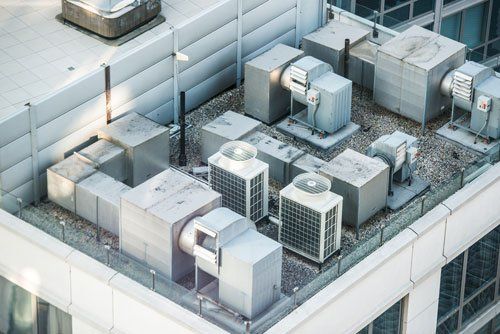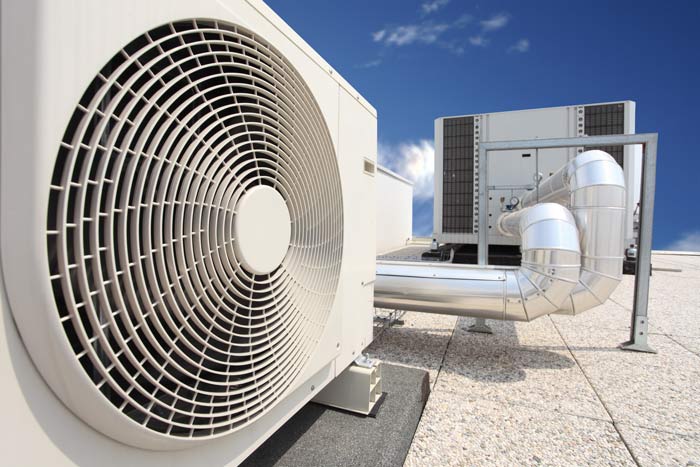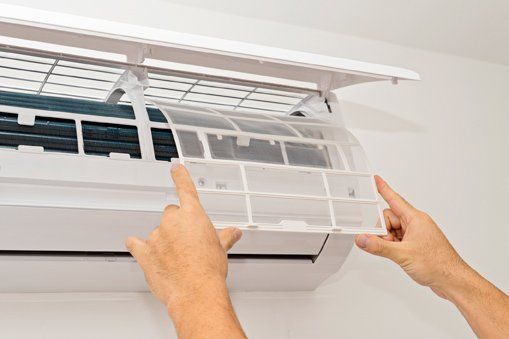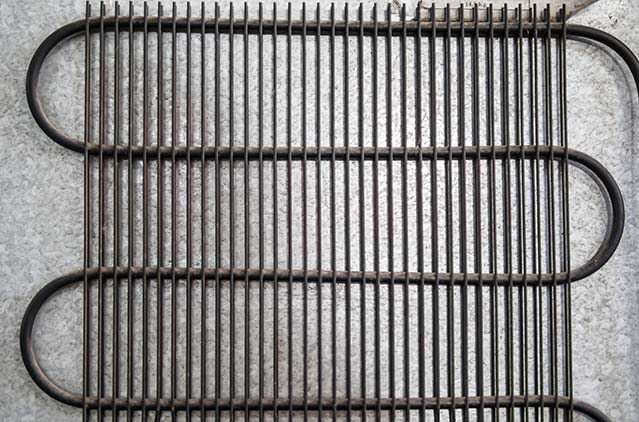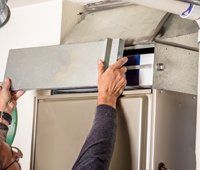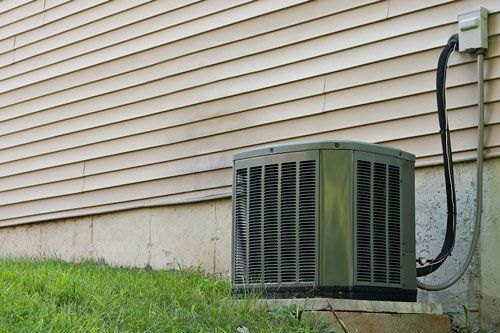Comparing Ductless Mini Split and Central Air Conditioning Units
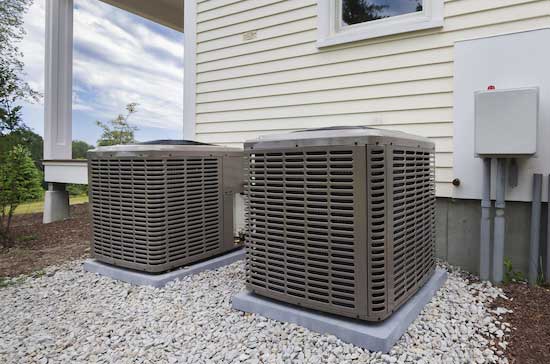
There are many different types of home cooling systems, all of which work in different ways to perform the same function: namely, to keep the interior of your home at a comfortable temperature. Two of the most common types of air conditioners are ductless mini split units and central units.
Both types of air conditioners work in distinct ways, and as such have different sets of advantages and drawbacks associated with them. Understanding what each type of air conditioner has to offer can help you choose the best type of air conditioner for your home.
Central Air Conditioners
Central air conditioners make use of ductwork that is installed throughout your home to move chilled air to different rooms. This allows a central air conditioner to provide whole house cooling.
A key advantage of central air conditioners is the fact that they take up little room in your living space. They are made out of two large units, one of which is installed outside of your home, and the other which can be put in your basement. This means that the only visible part of your air conditioning system is the vents.
Another advantage of central air conditioners is the fact that they will pass all of the air in your home through a filter installed in the unit, which can help improve air quality by removing allergens from the air supply.
However, central air conditioners can be expensive to install, with unit costs depending on the size of your home (as larger units are necessary to cool a larger area, which means higher upfront costs).
Further, the ductwork used to transport air throughout your home can leak air into the space behind your walls, ruining the efficiency of your air conditioner and raising your energy bills. In addition, dust and other debris can clog up your ductwork, reducing airflow and requiring cleaning and maintenance to fix.
Ductless Mini Split Air Conditioners
Ductless mini split air conditioners, on the other hand, make use of several smaller air conditioning units installed throughout your home. Rather than using ducts to transport cold air, they simply use a fan to distribute cold air in the room they are installed in.
The main advantage of using ductless mini split systems is the fact that you can customize each room's temperature, allowing you to not cool rooms you aren't using, thus increasing your energy savings.
It's also important to note that ductless mini split air conditioners are easier and cheaper to install than central air conditioning systems, as you won't need to install ductwork and vents in the walls and ceiling of your home.
Further, since ductless air conditioners only have to use a single small fan to move air around a single room, they are much less noisy than are central air conditioners, which make use of large fans and blowers to move chilled air through ducts.
However, ductless mini splits do have some downsides. Most notably, they do not have the same air filtration qualities associated with central air conditioning units, which can be a concern for homeowners with allergies or respiratory conditions.
In addition, ductless mini split air conditioners are much more visible in the room they are installed in, since they are standalone units that sit on the wall. This can disrupt the aesthetic of your interior design.
For any questions regarding your home's cooling systems, you can contact the team
of highly trained professionals at Eagle Refrigeration & Mechanical. They'll be more than happy to answer any questions that you may have and help you decide on the best cooling system for your home.
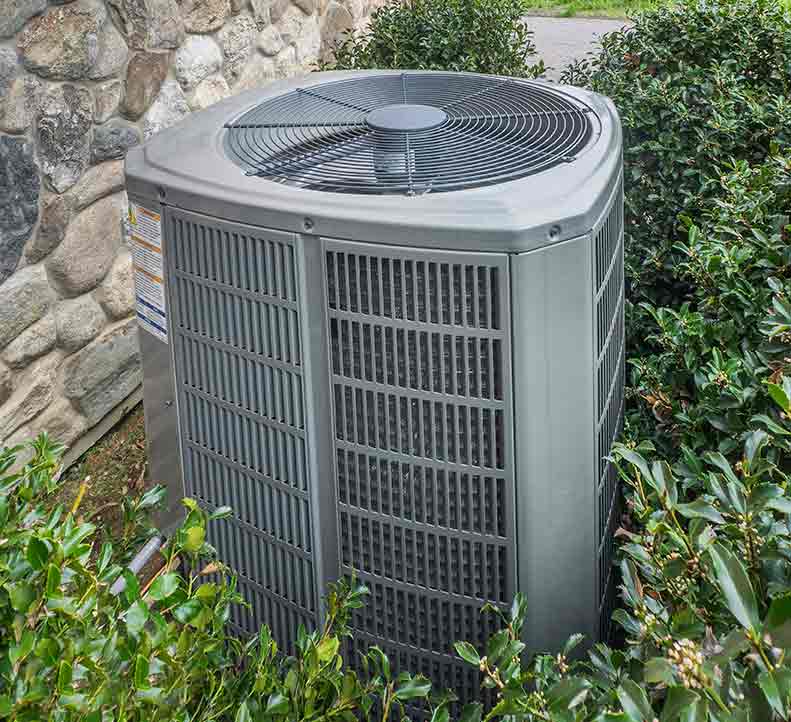
Few things are more inconvenient than your air conditioner not working. Many issues can cause the air conditioner to not work, some of which are significant. The compressor in the air conditioner is a crucial part of the system. When the compressor fails, not only will your home become uncomfortable, but you can also expect a pretty expensive repair bill. Fortunately, compressor failure is preventable - if you maintain the system on a routine basis with a licensed HVAC technician. The following are some problems that lead to system failure that you can prevent with regular servicing.


